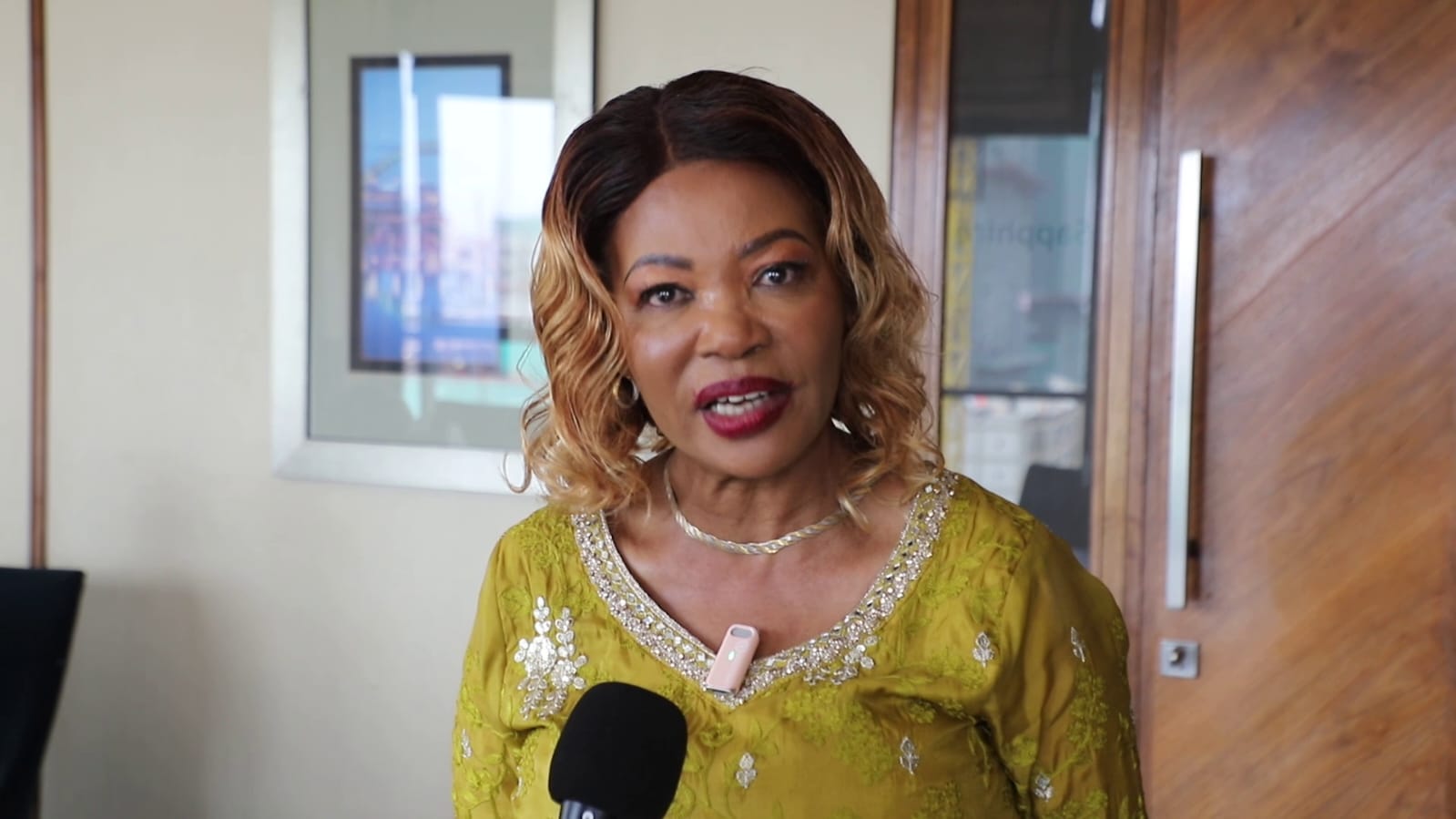
KENYA risks losing billions in potential investments from the Gulf region unless urgent reforms are implemented to tackle corruption, streamline bureaucratic processes and modernise its business environment, stakeholders now say.
This comes amid findings that show Kenya’s high-net-worth individuals are increasingly channelling their wealth into passion-driven investments and alternative assets locally, with some also doubling up on investments abroad.
A large number of Kenyans have also indicated they would not hesitate to take up employment and other opportunities abroad, with a keen eye on investing back home.
During a Gulf-Africa Investment Summit in Nairobi, industry leaders and business experts raised alarm that outdated systems, lengthy documentation and entrenched graft remain the biggest deterrents to Gulf investors keen on channeling capital into Kenya and Africa at large.
Gulf-Africa Investment Nexus (GAIN) chairperson Esther Muchemi noted that the country is “sitting on a goldmine” of opportunities in agriculture, health, manufacturing and mining, sectors that could not only generate wealth but also create jobs for thousands of the country’s unemployed.
“Unless the government declares total war on corruption, simplifies documentation processes and creates a friendlier business environment, Kenya will continue to miss out on vast Gulf investment opportunities,” she warned.
Stakeholders noted that the Gulf region holds unmatched liquidity, while Africa remains resource-rich. But without deliberate action to build trust, foster efficiency and eliminate red tape, Gulf investors may choose alternative markets perceived to be more investor-friendly.
The UAE is the leading Gulf state investor in Kenya with a focus on the $800 million (Sh103.9 billion) Galana Kulalu irrigation project involving the leasing of 250,000 acres of farmland to three firms from the UAE.
This initiative is being augmented by a pending $1 billion (Sh129.9 billion) geothermal-powered data center co-financed by an Emirati AI firm, G42, and Microsoft.
The UAE has also been keen on playing a role in extending the Mombasa-Nairobi Standard Gauge Railway to Malaba.
The Abu Dhabi Sovereign Wealth Fund, meanwhile, has a $500 million (Sh 64.9 billion) pending investment in Kenya’s mining sector.
GAIN chief executive Princes Mutisya said the trust deficit between the two regions remains another bottleneck that risks locking Kenyan businesses out of crucial financing.
“For African and especially Kenyan businesses to secure funding from the Gulf, trade barriers and trust issues must be addressed. If we don’t act, we risk watching other African countries scoop the opportunities that should rightfully empower our SMEs,” she told journalists.
Experts highlighted that Kenya could also lose the chance to transform its SMEs, many of which are currently struggling due to limited access to financing, markets and technical support.
Dubai International Chamber (East Africa) chief representative Michael Gathu said Gulf partnerships could provide Kenyan firms with market intelligence, digitisation support and critical international linkages.
“Gulf countries offer a huge market, but Kenyan businesses, particularly in agribusiness, must embrace value addition and technology to penetrate and remain competitive,” he noted.
The energy sector, which the Gulf is keen on, remains among key drivers of Kenya’s industrial growth.
Petroleum Outlets Association of Kenya chairman Martin Chomba also warned that Kenya risks losing out on transformative partnerships that could advance its oil and gas industries.
“Gulf companies have the technology and capacity to help us grow but if the business environment remains hostile, those partnerships may never take root and we will lose a chance to unlock our full economic potential,” he said.
According to Africa Centre for Strategic Studies, rivalries and ambitions to be a dominant regional power, the United Arab Emirates, the Kingdom of Saudia Arabia, and Turkey have become leading sources of capital, private sector engagement and weapons flows into East Africa in recent years, driven by economic interests.
“Combined with heightened engagements from Qatar and Kuwait, this has amounted to roughly $75 billion (Sh9.7 trillion) in investments for East Africa in recent years,” it notes.
“These Gulf states (and Turkey), thus, have become increasingly intertwined with the economies, port operations, politics and security forces of East Africa—with far reaching implications for the region’s roughly 415 million citizens.”
Kenya recently signed a comprehensive economic partnership agreement with UAE, a landmark agreement that aims to strengthen trade ties, attract investment and foster economic cooperation between the two countries.
Nabo Capital head of assent management, Mercy Mwongela, said: “Without adequate investments in energy infrastructure and without tackling corruption and bureaucratic bottlenecks, Kenya’s potential to become a regional manufacturing hub will remain unrealised.”












